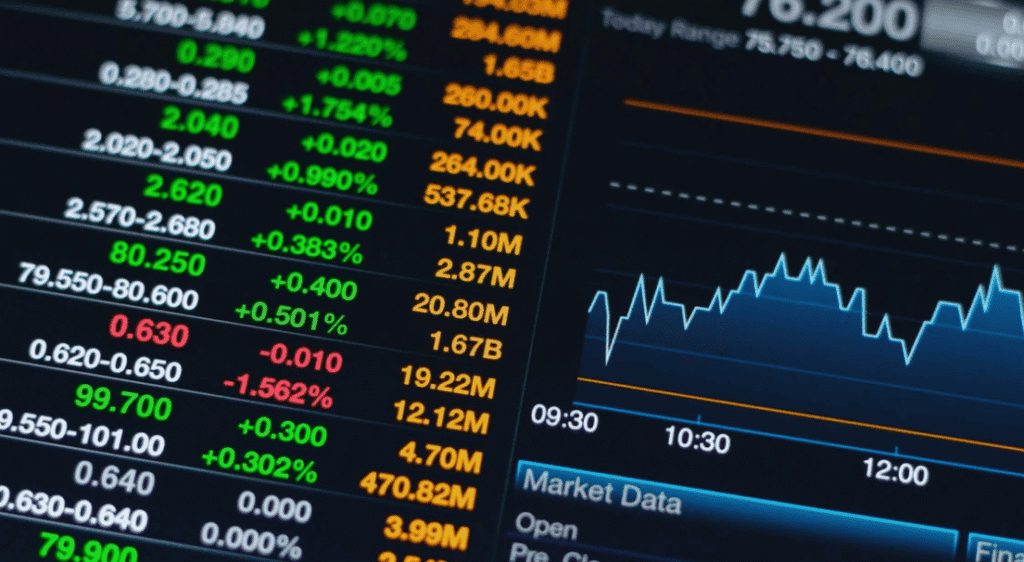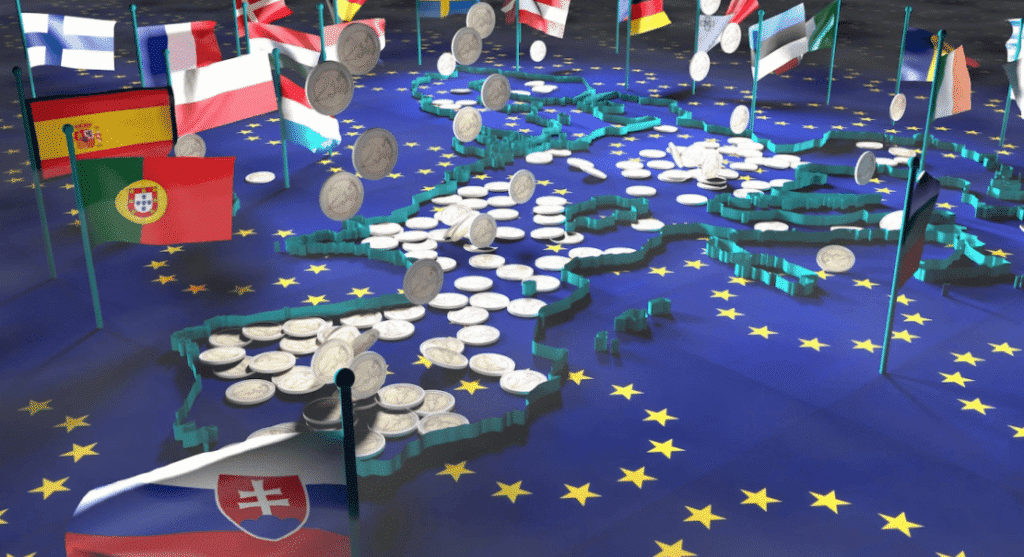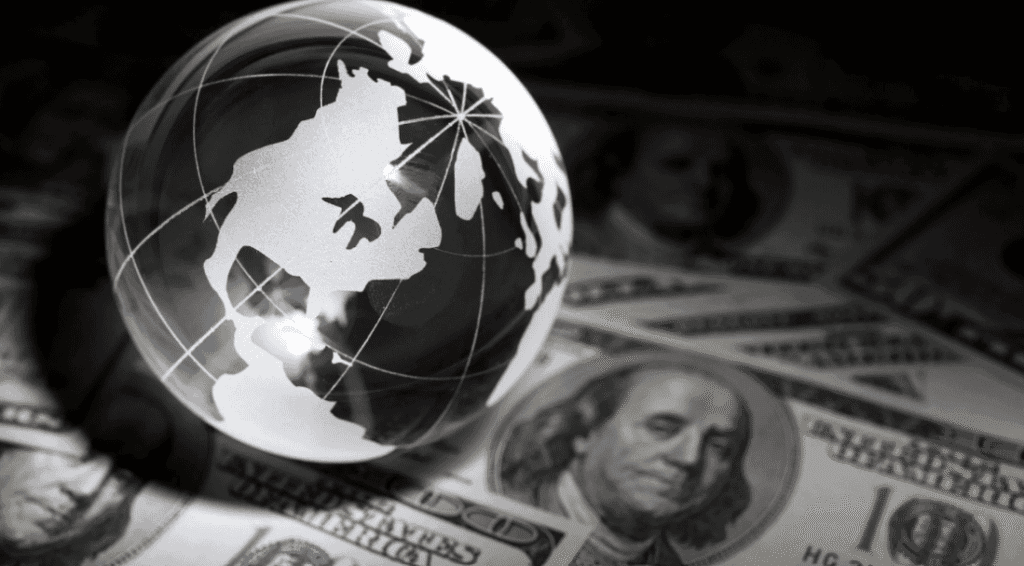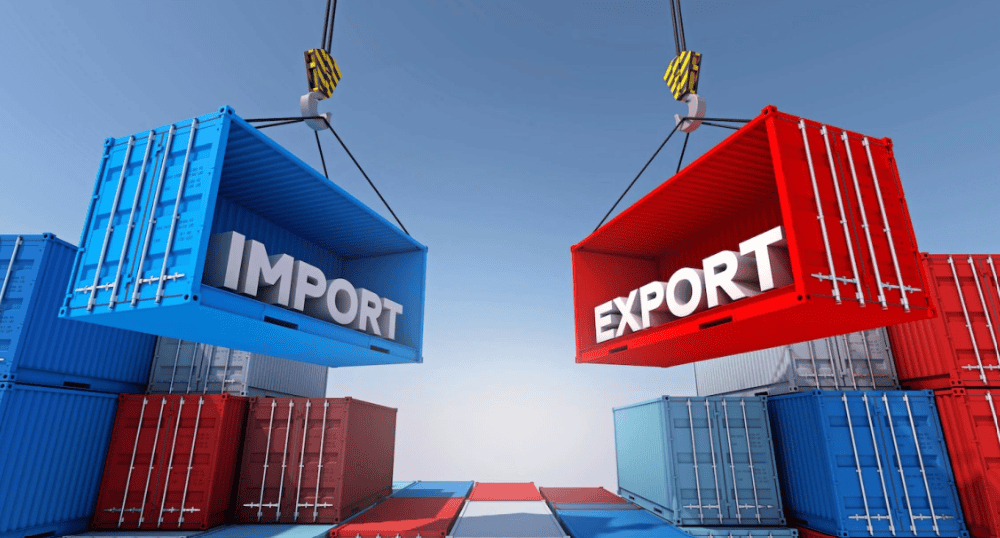Beyond military sales: The market premium on dual-use research and development

The sharp rise in European defence spending – driven by Russia’s full-scale invasion of Ukraine, President Trump’s re-election and the weakening of US security guarantees,
Public money, private innovation: How government funding built – and sustains – America’s technological leadership

The US has long been the world’s innovation powerhouse, based on a system that combines public funding with private initiative. Yet this model is under
Trump’s tariffs as fiscal folly

In 2025, the US government underwent a large fiscal switch, with Congress enacting large income tax cuts and the second Trump administration putting new tariffs
What corporate earnings calls reveal about the AI stock rally

The launch of ChatGPT in late 2022 marked a turning point in how firms and investors view generative artificial intelligence. This column measures the extent
The economic impact of European capital market integration

Economic growth in Europe continues to lag behind that of the US, largely due to smaller productivity gains. This column uses a general equilibrium model
Ripples presaging a financial tsunami

Loss of confidence in the US dollar’s reserve currency status could trigger a collapse of the US Treasury market and international financial fragmentation. This column
Europe’s trade surplus, international relative prices, and the productivity growth gap

The euro area faces persistently weak productivity growth alongside a sustained trade surplus and a trendless real exchange rate. This column shows that persistent productivity
A Three-Pronged Strategy Can Help Developing Economies Attract FDI and Unlock its Full Potential

Foreign direct investment (FDI) plays a critical role in the world economy. Global FDI flows averaged almost $2 trillion per year during the past decade, up
Dangling fiscal surveillance: EU fiscal policies in 2024

Effectively suspended since the onset of the Covid pandemic, the EU fiscal rules were set to make a comeback in 2024. At the same time,
How Donald Trump should have tackled the US trade deficit

The US trade deficits will have to be reduced materially to prevent a crisis down the road. This column argues that fiscal consolidation, in association





